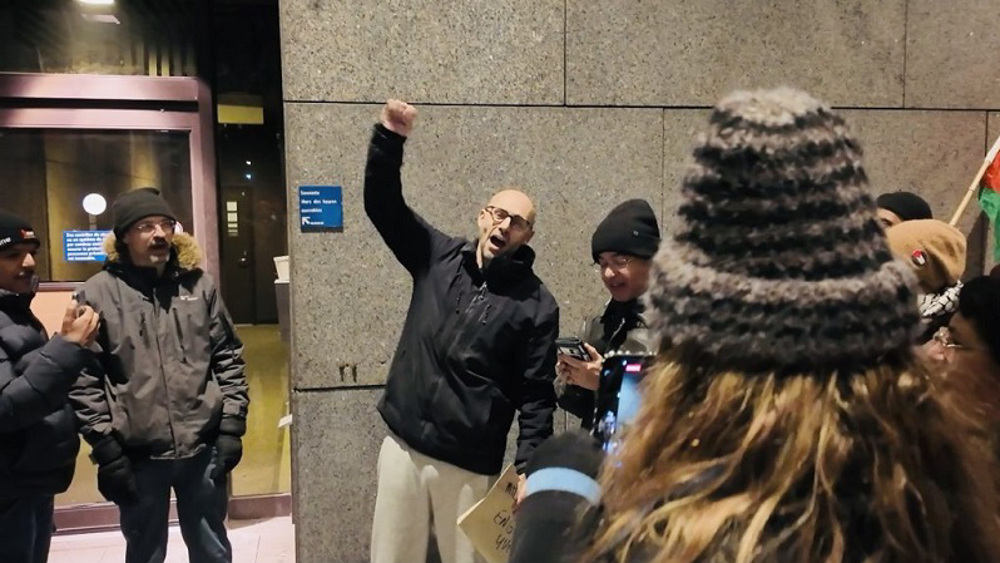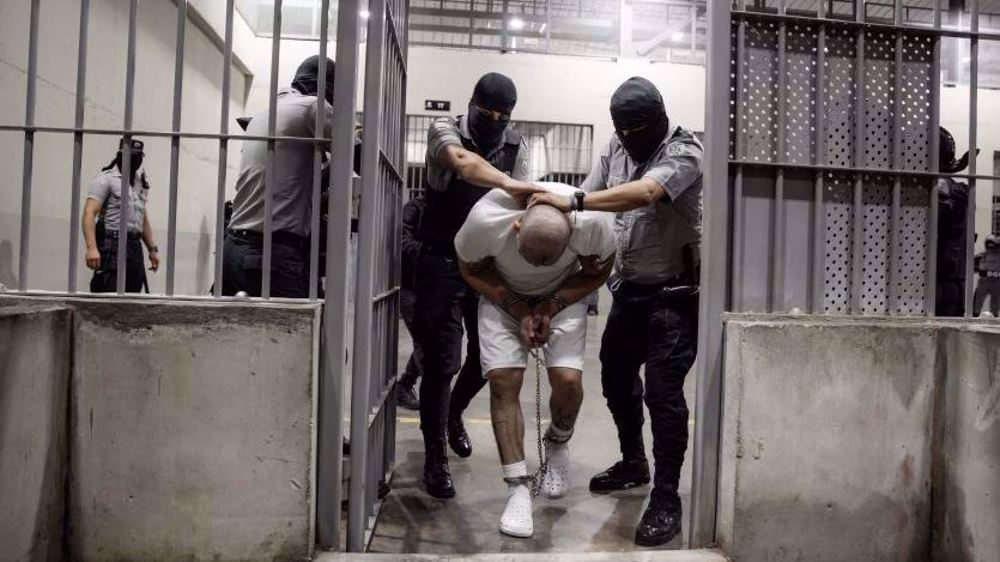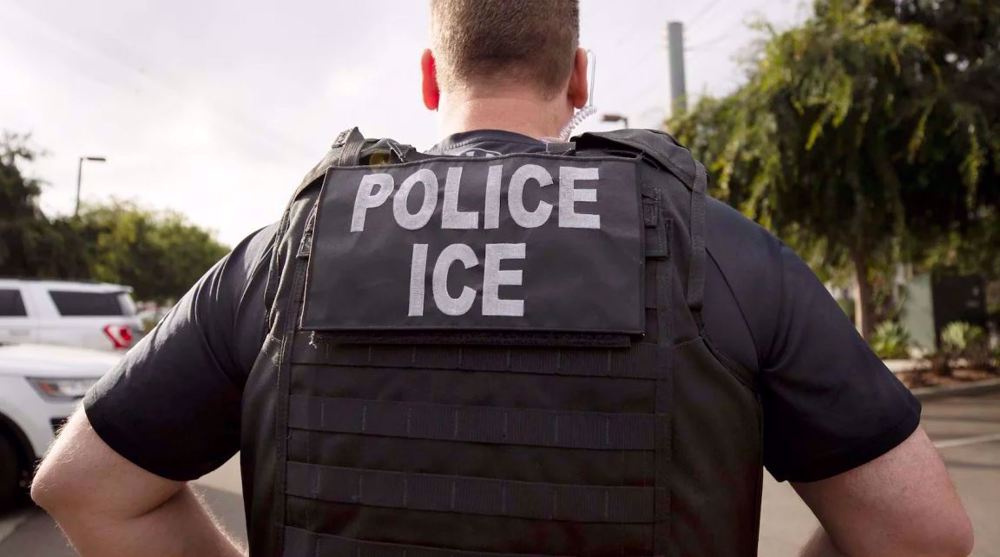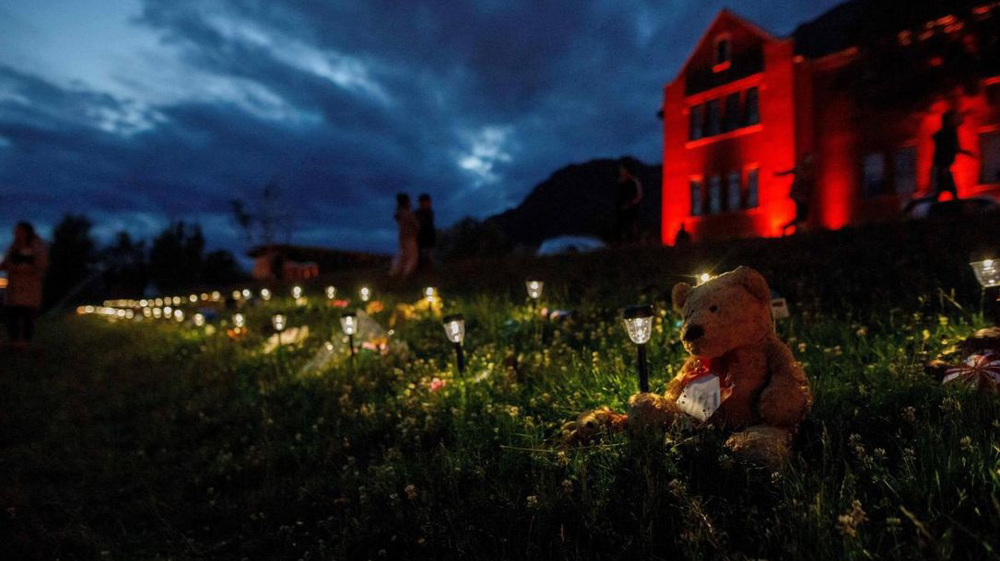Canada's indigenous call on Pope for ‘unfettered’ access to records on children abuse, formal apology
Survivors of Canada's residential schools have called on Pope Francis to provide them with unlimited access to Church records on the institutions where thousands of indigenous children were sexually abused and mistreated over the years.
The plea was made in a nearly one-hour meeting between the pontiff and representatives of two indigenous communities, the Metis and Inuit nations, on Monday. It was the first of Pope's four meetings this week with Canada's native peoples in what both sides have called for a process of healing and reconciliation.
"It was a very comfortable meeting," Cassidy Caron, President of the Metis National Council, told reporters afterwards, adding that the Pope listened attentively to three elderly survivors who told their tragic stories at the residential schools run by the Catholic Church on behalf of the Canadian government between 1831 and 1996.
"He repeated 'truth, justice and healing' and I take that as a personal commitment so he has personally committed to those three actions," Caron added, adding, "I felt some sorrow in his reactions ... We shared a lot with him.”
According to reports, some 150,000 Indian, Metis and Inuit children were enrolled from the late 1800s to the 1990s in 139 of the residential schools across Canada, spending months or years isolated from their families.
Many of the indigenous children taken from their homes by the Church’s school system were subjected to abuse, rape, and malnutrition. An estimated 6,000 First Nation children died while attending those schools.
Under pressure, the Canadian government formally apologized in 2008.
Caron said the records are held in Canada, in archives of religious orders, and possibly in archives of the Vatican's missionary department, adding, "The Metis nation needs to be sure to understand our full truth, and that will be unfettered access to Church records and we will be speaking more with the Pope on this."
The representative of the native community stressed that Canada's indigenous peoples and the Canadian government want the Pope to visit Canada to make an apology there for the Church's role in running the schools.
Caron said she was not disappointed that the Pope did not apologize on Monday because the indigenous want him to do so in Canada, adding that she expected the papal trip to be "soon."
Vatican sources have said the Pope's trip will likely take place this summer. A Vatican statement said the Pope had a "desire to listen
and make space for the painful stories of the survivors."
"While the time for acknowledgement and apology and atonement is long overdue it is never too late to do the right thing," she said, adding, "Now it is his (the Pope's) turn to join us in that work.”
"Part of justice is acknowledging what has taken place in the past. That acknowledgement, even though it was not him personally, is really meaningful and important," Caron said.
The recurring schools scandal broke out again last year with the discovery of the remains of 215 children at the former Indian Residential School in Kamloops in the Western Canadian province of British Columbia. The discovery at the school, which closed in 1978, reopened old wounds and brought fresh demands for accountability.

Canadian Zionist Lawfare against opponents of Gaza genocide

Trump sends more migrants to El Salvador prisons despite court dispute

532,000 migrants face deportation after Trump revokes protections
VIDEO | Lebanese civilian killed as Israel strikes south in violation of ceasefire
VIDEO | Moroccans protest against Israel’s genocidal war in Gaza, US support
VIDEO | Less people visiting US due to restrictions
VIDEO | Press TV's news headlines
Netanyahu’s flight takes detour to US to avoid ICC arrest warrant: Reports
VIDEO | Palestinians stage general strike in West Bank as Israel intensifies Gaza genocide
VIDEO | Genocide in the Syrian coast!
Collapsing Empire: Yemen shatters the illusion of US air power, yet again







 This makes it easy to access the Press TV website
This makes it easy to access the Press TV website